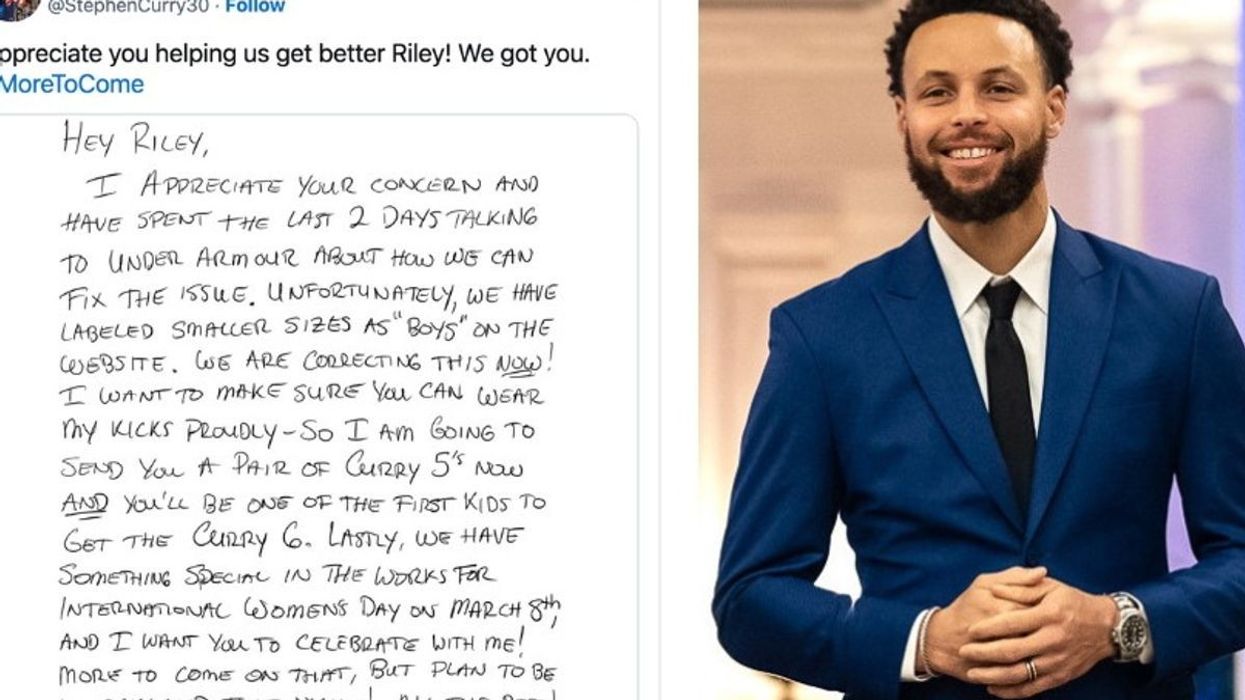This content is brought to you by IBM. GOOD and IBM have teamed up to bring you the Figures of Progress series to explore the different ways that information has revolutionized our world. Click here to read more stories.
The world is entering an era where data is at the center of nearly everything businesses and consumers do. But with the massive amount of data generated every day, companies need to find smart ways to organize and collect big data so that analytics can provide insights into their customers, employees, and business management practices. For Fred Balboni, the global leader of Business Analytics and Optimization for IBM Global Business Services, all of this is just another day on the job as he helps companies solve challenges with data and analytics.
He focuses on how clients can improve business outcomes by reviewing big data and customer relationship management, creating strategies, holding workshops and overseeing recruitment of new talent and data scientists. “I guide global teams in the design and successful implementation of large, complex enterprise-wide analytics solutions that help clients improve the speed and quality of business decisions,” says Balboni.
The ability for data and analytics to change how businesses run their operations, service their customers and turn a profit is why it’s important for companies to implement strategies.
IBM helps organizations from banks and retailers to telecom providers and government agencies to transform their businesses. With many businesses already having some level of analytics integrated, Balboni says, “This is where analytics can be used for hyper accurate forecasting and determining next best actions.” For example, the team at IBM helped the Memphis Police Department reduce serious crime more than 30 percent, through the use of analytics to predict specific behaviors and outcomes.
In order to use data to create value, like that seen at the Memphis Police Department, it’s important that there is a level of trust within the organization. “The level of trust—a belief that others will do a competent job, deliver on promises and support the organization's best interest—impacts the willingness to share data, rely on insights and work together to deliver value,” says Balboni.
And as big data increasingly becomes an invaluable tool for organizations to become more efficient, there’s no doubt that its use by company leaders will continue create change in the future as well. He says, “From helping find a new cure for cancer, to transforming the way our transportation systems operate, analytics have boundless opportunities to influence positive change.”
Read more from leaders like Balboni at Figures of Progress, including interviews with Matthew Stinchcomb, VP at Etsy, Jennifer Pahlka, founder of Code for America; Adam Brotman, chief digital officer of Starbucks; Rachel Sterne, CIO of the city of New York; and Oliver Hurst-Hiller, CTO of Donorschoose.org.













